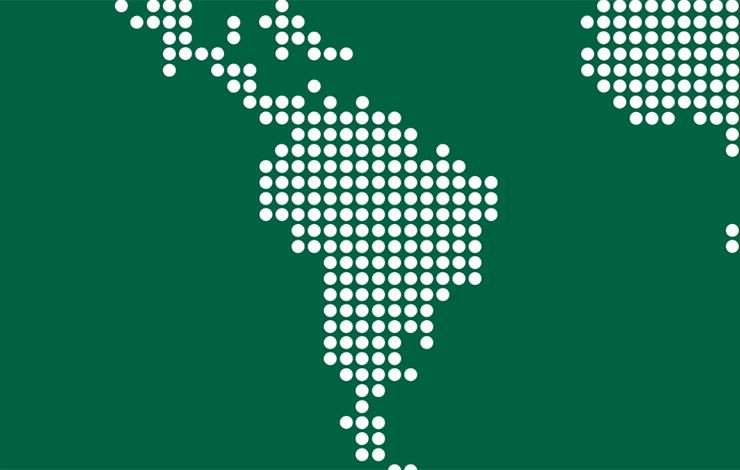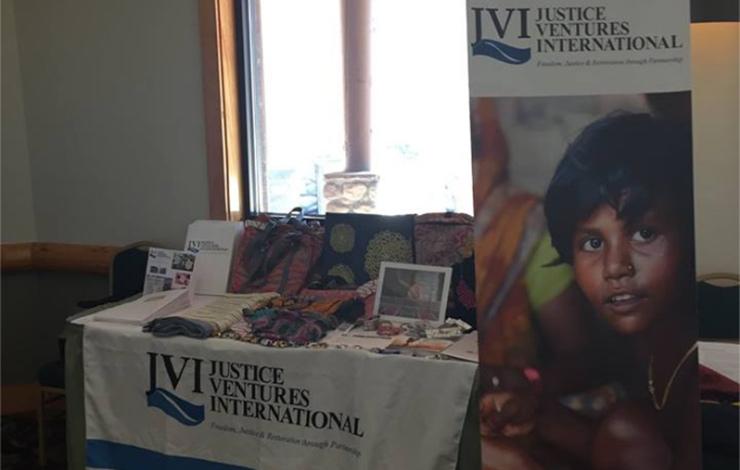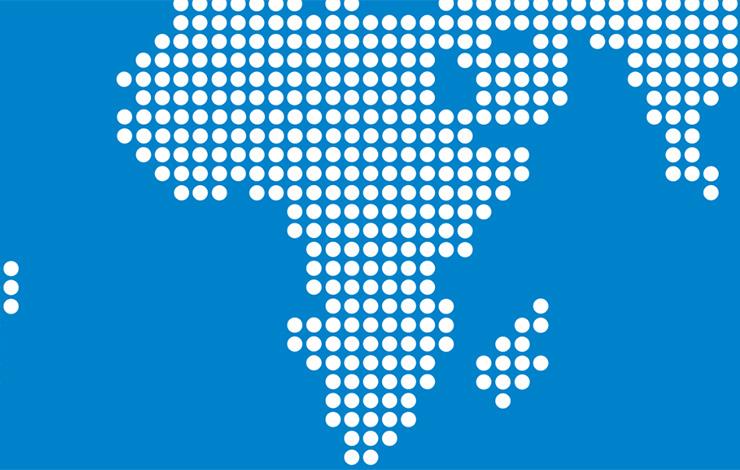Equitable access to comprehensive, effective health care systems, including primary health care and public health services is a fundamental human right and a public good. A healthy populace is essential for building and maintaining prosperous and stable societies and is only possible through proper prevention and intervention. However, without the rule of law, public health interventions and services are frequently rendered impotent. Unenforced or lacking health regulations counter prevention efforts. Safe, reliable and affordable medicines, medical treatment, and health care delivery systems—even drinking water—require effective regulation, monitoring, and enforcement. Absenteeism, mismanagement, bribes, and informal payments undermine health care delivery and waste already scarce resources. The rule of law is necessary to break cycles of poor health that stand in the way of prosperity and stability.
Related Posts
Academia Mexicana de Derecho Ambiental recognizes the challenges faced by marginalized populations in Mexico, who remain without access to civil justice. Thus, the program provides pro-bono work by ...
The Migrant Justice Project was designed to address migrant workers’ fundamental rights and expand Justice Venture International’s outreach to migrant workers in Beijing. Program activities included ...
Pervasive corruption in Cameroon’s public health system has forced citizens to pay bribes for health services that should be free under the law and has ultimately left millions of at-risk adults and ...
Lima faces challenges in providing proper transport systems to its more than 8 millions inhabitants. According to the Ministry of Transport and Communications of Peru, there is an excessive number of ...
Human Rights Day-10th December
Few Kenyan communities understand their environmental rights and responsibilities under the existing policies and laws. Unfortunately, the lack of awareness is only going to increase as most of these ...







